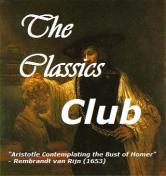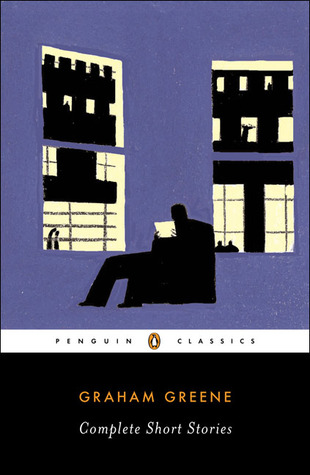I’ve come to greatly appreciate the short stories of Kurt Vonnegut. Here are some ramblings about his short story collection Welcome to the Monkey House.

In an introduction written by Vonnegut’s son for another book, he states that his father was an optimist trying to be a pessimist. I continue to find this to be the best way to describe Vonnegut’s work – especially his short stories. In spite of some biting satire aimed at the world we live in and at institutions cherished by many, the twinkle in Vonnegut’s eye seems to always make its way into the stories. Though world-weariness often takes the stage, the innocence of Paul, the boy trying to bring his fighting neighbors back together through a radio dedication in “Next Door”, never seems far behind.
For sheer comedy, I can’t remember the last time I laughed as hard as I did when Vonnegut’s storm window salesman-narrator pays a call on Commodore Rumsfoord, a Goldwater Republican who lives next door to the Kennedy Compound in “The Hyannis Port Story”. On his way there, he stops at the First Family Waffle Shop where the menu items are named after the Kennedy family. He has “a thing called a Teddy – and a cup of Joe.” The same storm window salesman installs a bathtub enclosure (because storm window salesman do that, too, as he points out) at the home of Gloria Hilton and George Murra in “Go Back to your Precious Wife and Son”. While both of these stories have characters that date them in the early 1960’s, the comedy and humor is timeless.
I personally enjoyed the character of Harry Nash in “Who Am I This Time?”. While a mild mannered hardware store clerk, he quickly turned into whatever character he needed to be when auditioning for the community theater – and helped his fellow thespians find their characters, also:
When he faced us again, he was huge and handsome and conceited and cruel. Doris read the part of Stella, the wife, and Harry bullied that old, old lady into believing that she was a sweet, pregnant girl married to a sexy gorilla who was going to beat her brains out. She had me believing it too. And I read the lines of Blanche, her sister in the play, and darned if Harry didn’t scare me into feeling like a drunk and faded Southern belle.
One of Vonnegut’s stories that I’ve heard others talk and post of frequently in the past as being one of his best is “Harry Bergeron”, a funny story with some more serious undertones. He brilliantly has the government controlling exceptionally intelligent people by planting in them a hearing device that blasts loud noises into their ears to distract them from thinking anything too intelligent.
A couple of his more serious stories included “All The King’s Horses” , where a Colonel is forced to play chess with his troops and family as live chess pieces. While their lives were on the line, I still couldn’t help but chuckle at the situation where chess pieces could literally question the Colonel’s moves. “The Manned Missiles” touchingly presented two letters from fathers who had lost their sons – one father was American and one was Russian.
I found “Adam” to be the most poignant of all the stories. Heinz Knechtmann’s wife gives birth to their first son; however, he has no one with whom to share the happy news as the rest of their families were killed in Nazi concentration camps. I don’t think I’ve ever read a story where loneliness is portrayed quite this way. I’m still not sure, though, about the significance of the title. The baby is named Peter.
I would be remiss if I didn’t mention “The Kid Nobody Could Handle”. Another story about the incomparable George M. Helmholz, the Lincoln High band leader. As the title implies, Helmholz uses his love of music to help a troubled youth from his neighborhood. A line from this story beautifully describes why Helmholz appeals to me so much:
And then, Jim, I remember I’ve got one tiny corner of the universe I can make just the way I want it!
This collection includes a total of twenty-five stories all written in the 50’s and 60’s. I read them all within a few days, unlike Vonnegut’s collection Bagombo Snuff Box, which I’ve read a few stories at a time and with which I’m still not finished. It brings up a question about short story collections: is it better to read them all at once or separately? I may have to read Welcome to the Monkey House again – only this time read it a story at a time. Each one was so good, I want to appreciate it by itself. Does anybody have any suggestions as to when to read short stories individually and when to read them as a collection?













